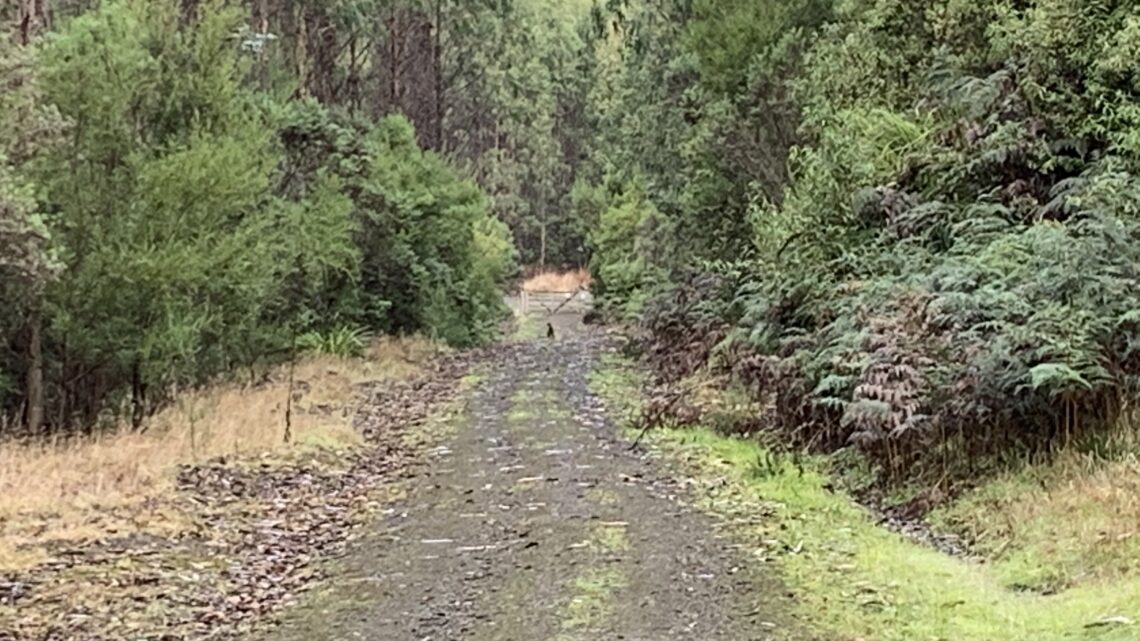
What Happens to Time?
In the old hey-days of blogging, I used to blog at humanities researcher all the time. This was BFB —before facebook — and my comfortable ritual, on settling down at my desk, was checking out what my favourite bloggers were up to. I loved Still Life with Cat (née Pavlov’s Cat), Chaucer, Quod She, Lucy Tartan (oh she has been posting recently!!), and In the Medieval Middle. Many of these blogs were anonymous and secretive: academics, especially, were often shy of identifying themselves as writing in this more informal, personal space. People used to say, “I don’t know how you find the time,” which I, in my defensive way, used to read as meaning, “I am engaged in far more serious work than this frivolous chat.”
But things change and time changes, too. My blog wound down, and the immediacy of Facebook and Twitter and Instagram and TikTok, and who knows how many others I have not yet heard of, grew to dominate the social media landscape. But check out @LeVostreGC!
Nevertheless, blogging is a lovely way to write, and I would love to see it make a comeback! In addition to this blog, my research team is about to launch a new blog too. I think of the Old World New World blog as a form of ‘public writing’ such as we might produce for The Conversation, but under our own banner.
Time has also rung a huge change in us, too, and in our relationship to thinking about belonging to another piece of land. As I wrote in my first post, we used to scorn the idea of travelling to a holiday house or a beach house. “I don’t know how they find the time,” we would say. Who would want to spend hours driving to the country just to clean another house, dig another garden, clear out another set of roof gutters?
But here we are: instead of dropping in a few times a year on a bush block, as we had thought, we love spending as many days as we can at Platypus Bend. Even the drive, in our ancient car that is on its last gasp (“I’m sorry: there’s not really anything more we can do”), is pleasurable in anticipation. I swear my heart starts to beat faster once we pass Winchelsea. I love getting muddy in the garden; changing another smoke alarm battery; and cleaning another floor. And I love walking in the fields, in the forest, and on the rail trail. Covid, too, has made a tremendous difference to the way we work, to the times and places of academic labor. If I have a meeting on a Monday, it is often a zoom meeting and can be conducted down there.
I’m quite tuned in to daily clock time, but for me, one of the great pleasures of this place is just abandoning myself to the time of the land – and the seasons — when I am there. Bulbs are starting to come up: what flowers are they? What does “intermittent showers” mean? How late in the day can I walk the rail trail before I am climbing down the hill in the dark on the way home? How long will I wait, when walking the rail trail, for the wallaby ahead of me to move, while it just sits and watches me from a distance? There he is, in the picture above.
When I am there I am trying to attend to the times, the seasons and the days. In Melbourne I love the company of music or the radio, but there I am quiet. I also feel we have come there just in time: we both feel suddenly ready for this change in the rhythm of our days, with enough time ahead before we are too old to be driving up and down, climbing ladders or digging in the garden. Really, until a few months ago, we had no idea.